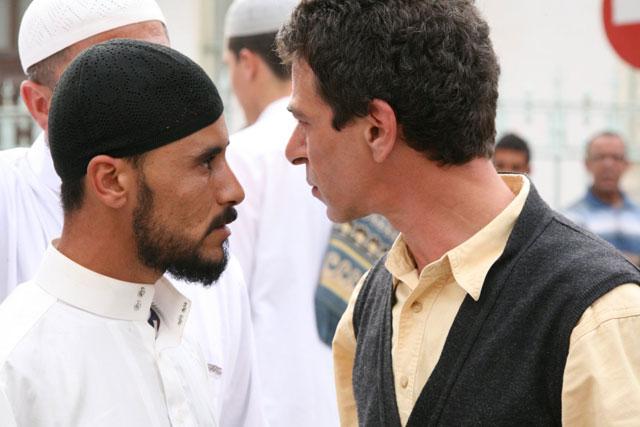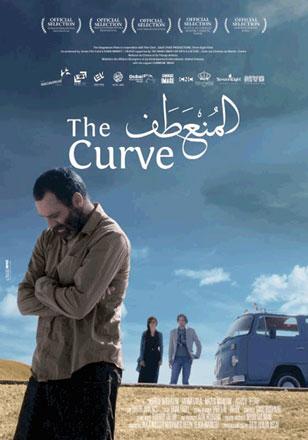You are here
Moroccan director combines film, opera to tell story from Algerian independence war
By Hind Joucka - Aug 08,2015 - Last updated at Aug 08,2015
AMMAN — “There are things we can’t say with words, so instead we communicate them through music.”
With these words, Moroccan director Kamal Kamal opened the screening of his film “Sotto Voce” at the Royal Film Commission (RFC) last week as part of Moroccan Film Days in Amman, which concluded last Thursday.
Set in 1958 during the Algerian war of independence, the film chronicles the journey of a group of deaf-mute refugees on death row hoping to cross the border to Morocco.
Fulfilling his passion for music, Kamal incorporates his own opera compositions within the storyline, which act as a juxtaposition to the brutal reality of war and as a strong and recurring motif throughout the film.
“I have always dreamt of writing an opera, and cinema gave me an opportunity to incorporate both my passions. Opera combines music, poetry, song, theatre and dance, while cinema offers the freedom for creativity to flow.”
The music, Kamal said, represented the feelings that develop through the narrative and play an unexpected role in the film.
The 94-minute feature is inspired by true events from the Algerian war in addition to other stories Kamal heard from his mother.
“When I was little, my mother, who is Algerian, used to tell me about her journey fleeing from Algeria to Morocco after she was sentenced to death for being active in the Algerian war,” he told The Jordan Times.
“There are specific stories that stuck with me throughout the years and some of these were used in the film. I was also inspired by a story I read in the news around 25 years ago about a group of deaf Palestinian kids who were playing outside and did not hear the sirens before an air attack. While everyone around them went back to hide in their houses, they were killed.”
The 2013 film has won several international awards, including the Grand Prize, Best Music and Best Sound at the National Film Festival of Tangier, as well as the Best Prize in the Liege Festival.
It competed for the Muhr Award at Dubai Film Festival in 2013, according to the RFC, which organised the film days, in cooperation with the Moroccan Cinema Centre.
Described in the film as “choir singers who hear nothing and listen only to their inner voice”, the deaf-mutes, according to the director, are “the only pure and innocent individuals who are not tainted by all the different ideologies being spread around at that time — simply because they are not able to hear them”.
Kamal also talked about the main points that the film aims to tackle, namely violence and conflict, politics and religion.
“... Violence occurs when there is a lack of a certain kind of intelligence. The film tries to touch upon the unjust rulers who have indirectly killed millions of people for a variety of alternating political reasons.”
Related Articles
AMMAN — The fifth edition of the Algerian Film Days opens in Amman on Monday, with a screening of the award-winning narrative feature “Let T
AMMAN — The seventh edition of Arab Film Festival Amman kicked off on Sunday at the Royal Film Commission-Jordan (RFC), with the scree
AMMAN — The Arab Film Festival kicked off on Sunday in Amman with a surreal journey in a Volkswagen minivan in the Jordanian film “Al Monata


















